About_Active_Minds
advertisement
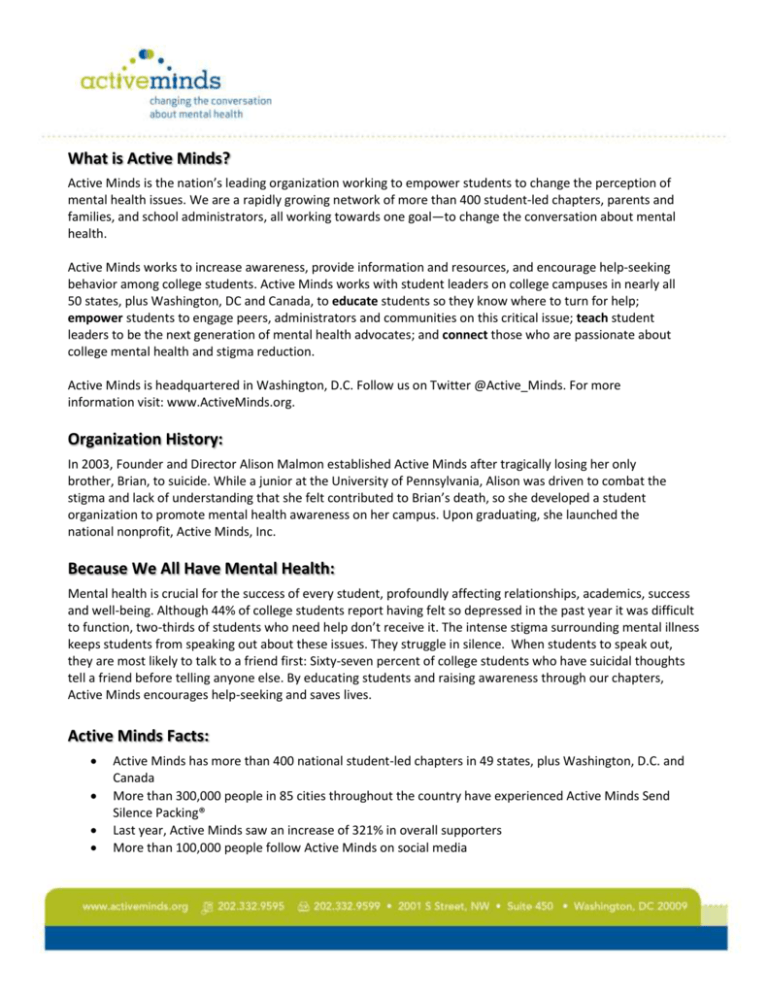
What is Active Minds? Active Minds is the nation’s leading organization working to empower students to change the perception of mental health issues. We are a rapidly growing network of more than 400 student-led chapters, parents and families, and school administrators, all working towards one goal—to change the conversation about mental health. Active Minds works to increase awareness, provide information and resources, and encourage help-seeking behavior among college students. Active Minds works with student leaders on college campuses in nearly all 50 states, plus Washington, DC and Canada, to educate students so they know where to turn for help; empower students to engage peers, administrators and communities on this critical issue; teach student leaders to be the next generation of mental health advocates; and connect those who are passionate about college mental health and stigma reduction. Active Minds is headquartered in Washington, D.C. Follow us on Twitter @Active_Minds. For more information visit: www.ActiveMinds.org. Organization History: In 2003, Founder and Director Alison Malmon established Active Minds after tragically losing her only brother, Brian, to suicide. While a junior at the University of Pennsylvania, Alison was driven to combat the stigma and lack of understanding that she felt contributed to Brian’s death, so she developed a student organization to promote mental health awareness on her campus. Upon graduating, she launched the national nonprofit, Active Minds, Inc. Because We All Have Mental Health: Mental health is crucial for the success of every student, profoundly affecting relationships, academics, success and well-being. Although 44% of college students report having felt so depressed in the past year it was difficult to function, two-thirds of students who need help don’t receive it. The intense stigma surrounding mental illness keeps students from speaking out about these issues. They struggle in silence. When students to speak out, they are most likely to talk to a friend first: Sixty-seven percent of college students who have suicidal thoughts tell a friend before telling anyone else. By educating students and raising awareness through our chapters, Active Minds encourages help-seeking and saves lives. Active Minds Facts: Active Minds has more than 400 national student-led chapters in 49 states, plus Washington, D.C. and Canada More than 300,000 people in 85 cities throughout the country have experienced Active Minds Send Silence Packing® Last year, Active Minds saw an increase of 321% in overall supporters More than 100,000 people follow Active Minds on social media Active Minds National Programs In addition to local events held by chapters, Active Minds, Inc. hosts national programs to increase awareness on student mental health. Send Silence Packing is Active Minds’ award-winning public education exhibit of 1,100 backpacks, representing the number of college students who die by suicide every year. Active Minds displays backpacks that have been donated in memory of loved ones who have died by suicide. The impactful exhibit puts a face to those lives and brings into scope the severity of suicide among college students, promoting a dialogue around suicide and mental health. Active Minds Speakers Bureau features young people who have dealt with mental health issues and encourages others to seek help. Research consistently shows that the most effective way to address stigma surrounding mental health disorders is peer-to-peer contact. National Day Without Stigma (NDWS) is Active Minds’ longest-running awareness campaign and is held the first week of October, in conjunction with Mental Health Awareness Week. NDWS works to eliminate the shame surrounding mental health disorders and create communities of understanding, support and help-seeking. Stress Less Week is a community-based stress relief and awareness program that seeks to curb the ever-increasing trend of stress among college students. Active Minds provides chapters and communities with Stress Relief Action Kits. Through activities like petting puppies from the local animal shelter or stomping bubble wrap and creating stress balls, this program works to create supportive communities where speaking up about one’s struggles is a sign of strength and selfawareness. The Emerging Scholars Fellowship Program provides student scholars the opportunity to complete funded, independent mental health research projects. The Fellowship connects students to a network of other young scholars and provides dedicated mentorship from national experts in the field of behavioral health. The research is as diverse as the students who pursue it. The Fellowship has been generously supported by the Thomas Scattergood Behavioral Foundation. Eating Disorders Awareness Week (EDAW) is held every February to educate college students on the prevalence and warning signs of eating disorders. More than 30 million people struggle with an eating disorder over the course of their lifetime, but only 1 in 10 seeks treatment. Our online Action Kit works to change those statistics by showing that you don’t need to be an expert to help someone. You just need to be there.
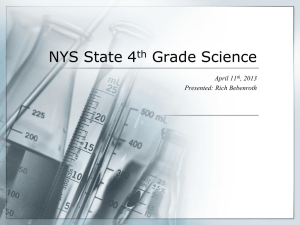
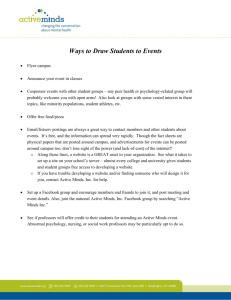

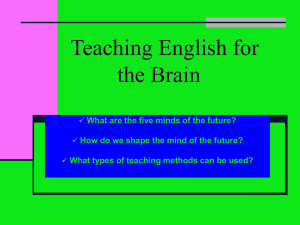

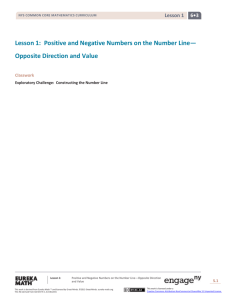
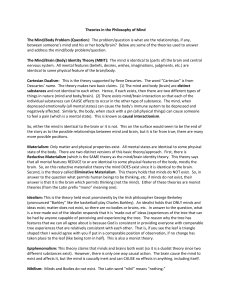
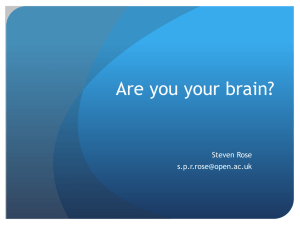
![The mysterious Benedict society[1]](http://s2.studylib.net/store/data/005310565_1-e9948b5ddd1c202ee3a03036ea446d49-300x300.png)